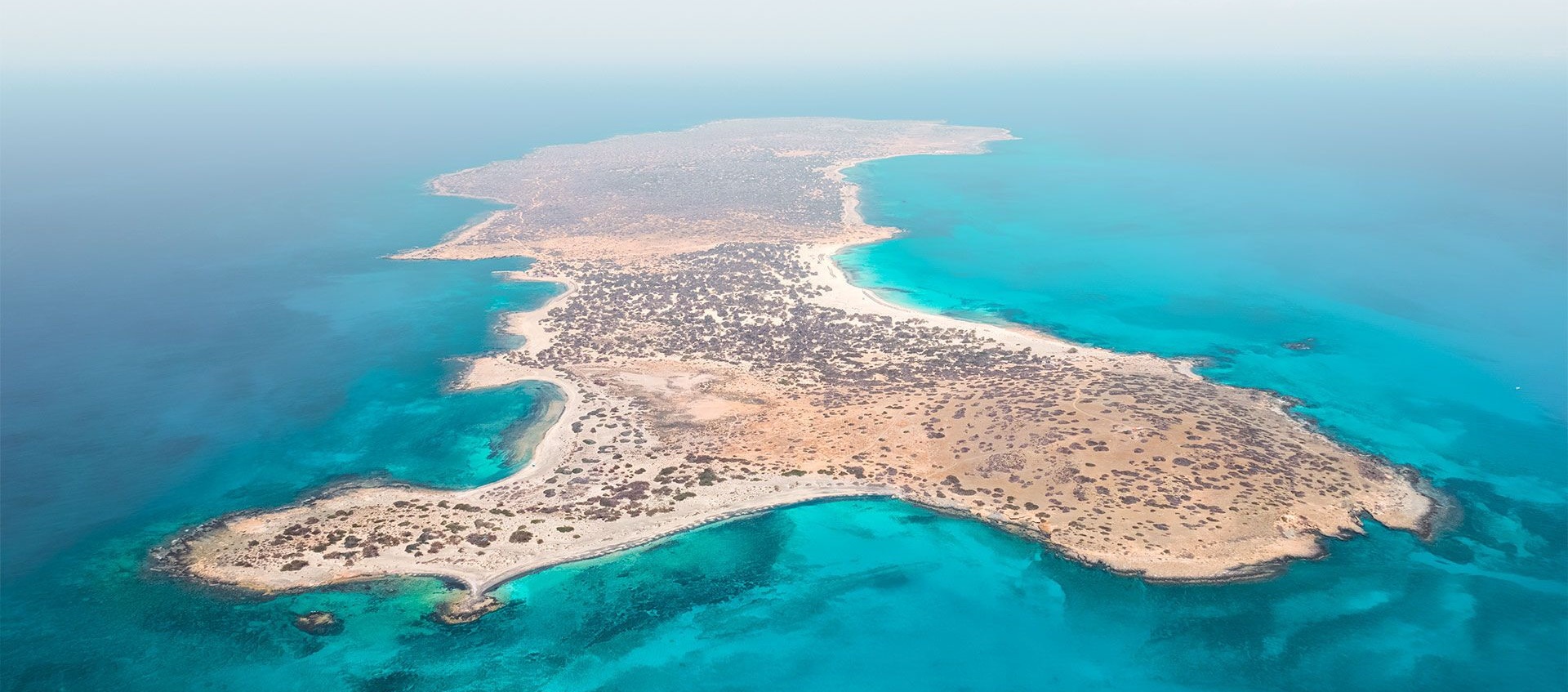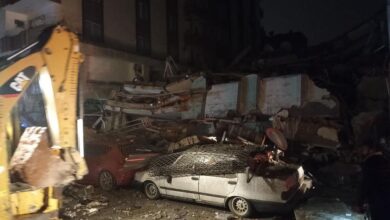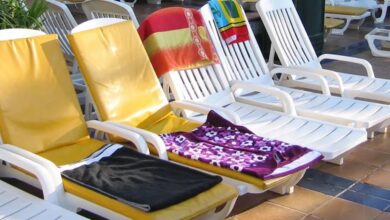Chrissi Island: Greece blocks popular island for visitors

South of Crete, around 15 kilometers from the port city of Lerapetra, is Chrissi Island in the Libyan Sea.
Actually uninhabited, the popular island, which is also called Chrysi, attracts hundreds of thousands of visitors every year. But that should now be over: The holiday idyll is closed to visitors.
At just seven kilometers long and two kilometers wide, Chrissi Island may be small, but it is extremely attractive. Vacationers appreciate the protected nature reserve for its fine sandy beaches, juniper trees, sand dunes and cedar forests. The Golden Beach is the main attraction of Chrysi: a wide sandy beach with crystal clear water against the backdrop of the mainland of Crete. But now nobody is allowed to visit Chrissi Island – the Cretan regional administration has imposed a ban on entering the island.
Entry ban for the sake of nature
Although Chrissi Island can only be reached by (excursion) boat, 200,000 visitors have almost overrun the island every year. Some even settled in self-built huts on the island during the summer months. The Cretan regional administration is now putting a stop to this with an entry ban, as various media reports, citing the dpa news agency.
According to a statement from the authorities, nature on Chrissi Island has been destroyed, especially the so-called “Chrissi cedars”. The majority of the trees, some of which are more than 100 years old, are about to die. The ban on entry is therefore necessary so that nature on Chrissi Island can recover. Visitors may therefore only approach the island with a boat and swim to the shore – however, “landing” is prohibited.
Flora and fauna destroyed by man
The many visitors to Chrissi Island created rubbish and migrated to the interior of the island, destroying the young plants. The cedars in particular have a sensitive and far-reaching root system that was severely damaged by the exploration. But that’s not all: the summer residents even built makeshift taverns and tapped into the groundwater – which in turn the plants lacked.


